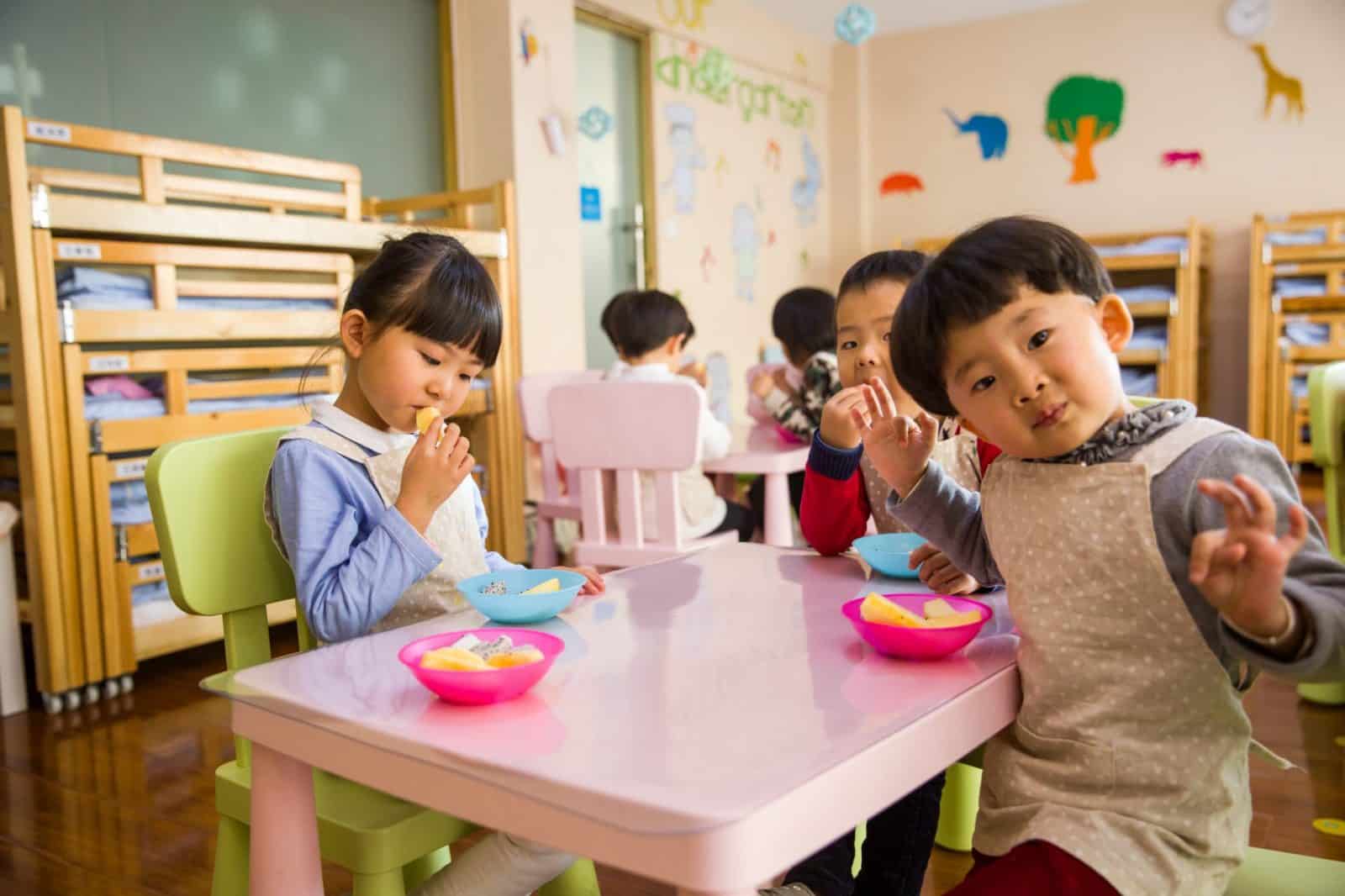
Contents [show]
Food for babies and children: a balanced diet
Babies and children consume a lot of energy and need a good balance between nutrients and proteins. A varied diet consisting of the five food groups will ensure healthy growth for your baby.
-
Bread, rice, potatoes, and pasta
Foods that contain starch like these, such as sweet potatoes and chapati, are great sources of energy and should make up the main part of each meal. Choose some white and integral options.
-
Fruits and vegetables
They contain vitamins, minerals, and fiber. Serve your babies and children fruit for breakfast, and vegetables and fruits for the other two meals. Babies and children, like adults, should also eat five or more servings a day of fresh, frozen, canned or dried fruits.
-
Meat, fish, eggs, beans and other sources of non-dairy protein
It includes foods, such as nuts, lentils, dal and also tofu, which provide iron and zinc. Add foods from this group to meals twice a day and serve fatty fish once or twice a week.
-
Milk, cheese, and yogurt
Serve three servings a day of these foods. Milk is still important, but a one-year-old needs less than a baby. Three cups of milk from 90 to 120 ml (3 to 4 ounces) are enough. However, you should serve less dairy drinks if your child eats yogurt and cheese. Milk bottles should be suspended after 12 months of age. From the year on, fresh and whole cow’s milk can be offered instead of the infant formula, unless you continue to breastfeed.
-
Foods high in fat
Babies and children naturally like these foods, but it is advisable to keep them to a minimum. In the two main meals, always serve desserts, but do not let these foods replace other nutritious foods from the other food groups.
A note about vitamin A and D supplements
In the United Kingdom, it is recommended that children up to five years of age take a vitamin supplement containing vitamins A and D because they do not naturally obtain a sufficient amount of these vitamins from food. This will help your child’s immune system and ensure that his bones develop normally. [1]
Foods that need to be avoided
Avoid foods that have some fat and salt content. Pre-cooked foods and prepared dishes should be consumed in moderation unless they are specially made for young children.
Do not give your baby or child diet or weight loss foods. Low-calorie foods are not suitable for babies and children, because they need additional calories to develop their growth.
Healthy and healthy food for the whole family is the best option. It is very nutritious and economical. Also, it allows you to cook a large amount of food and then separate it into individual portions for storage in the refrigerator and freezer.
Introduction of new flavors
The key is that the food is interesting and varied. Add new foods to your child’s food in small portions. Give him a couple of snacks, instead of a full plate. You may need to serve your child a new meal several times before he accepts it. This is quite common, so don’t be discouraged and keep trying. Serve your child many foods that are eaten by hand and always let him decide when he has eaten enough.
Read Also: Disorders Of The Baby’s Feeding or Eating Behaviors




